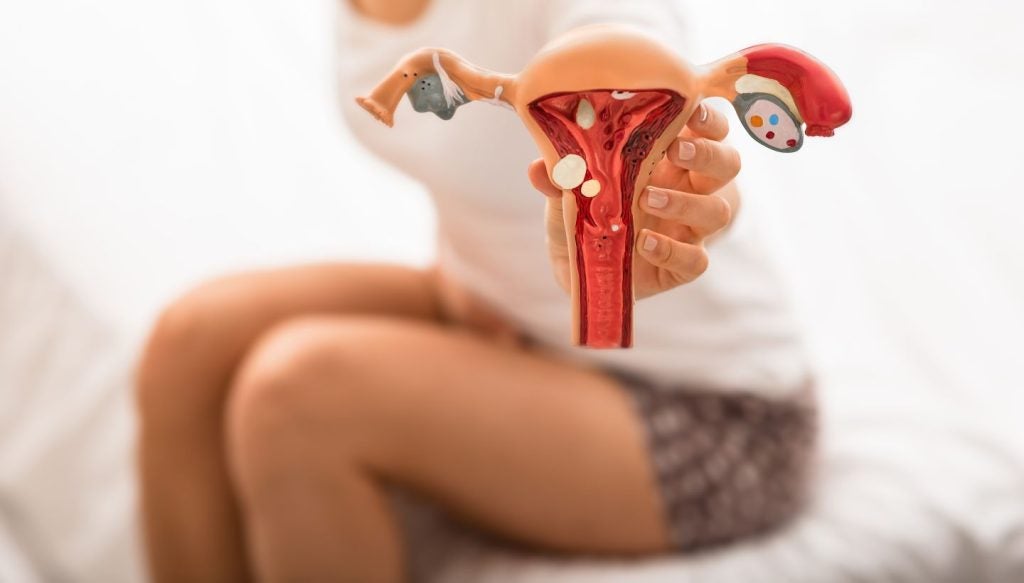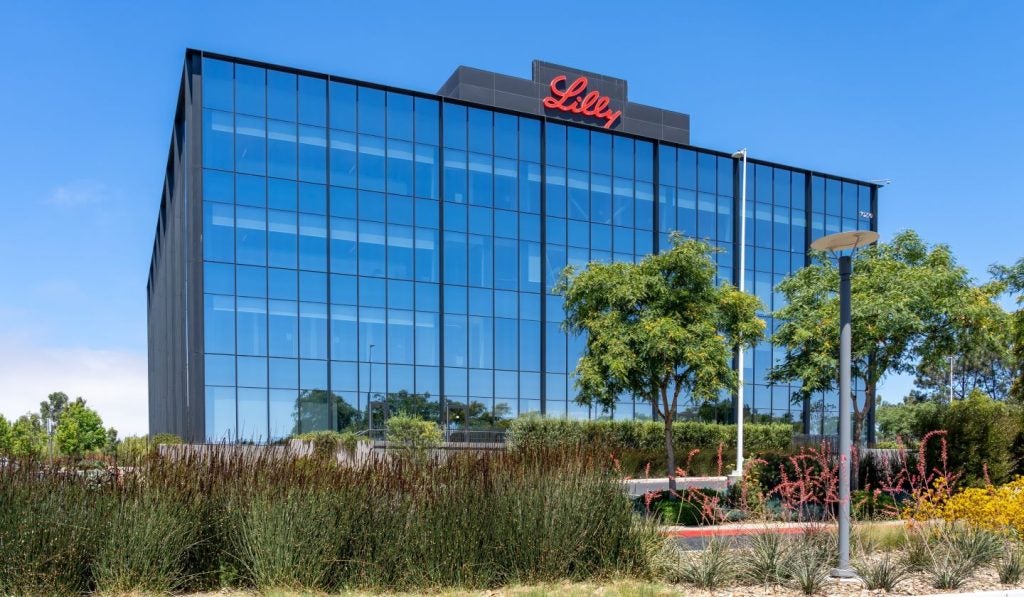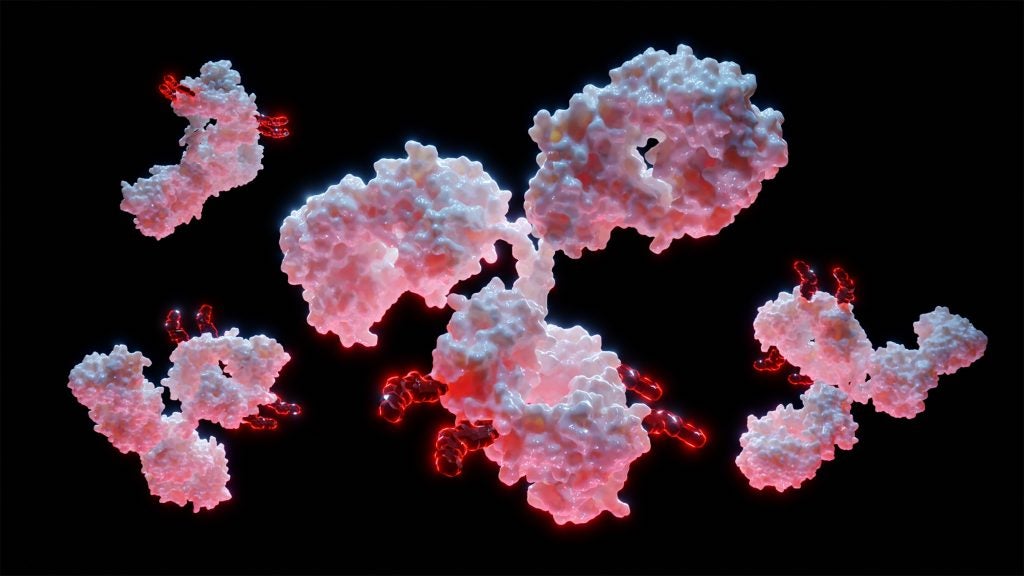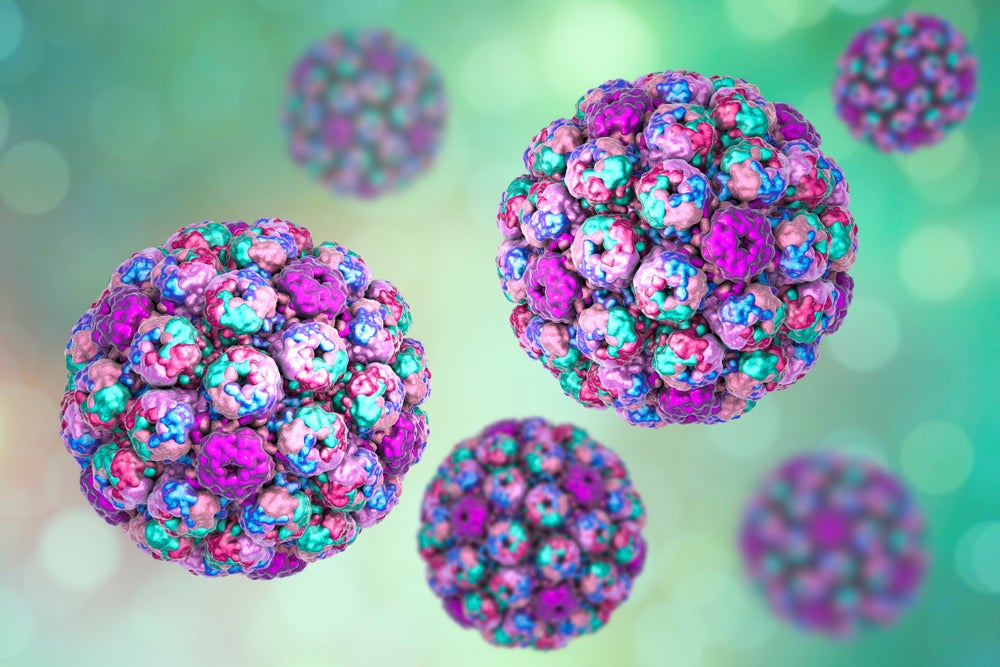US-based Rani Therapeutics has announced plans to reduce its workforce by 25% as part of a larger pipeline reprioritisation.
The company has discontinued the development of its RT-101 programme while pausing work on the RT-105 and RT-110 programmes.
Rani expects this pipeline reprioritisation along with cost reduction initiatives to extend the company’s cash runway into 2025, as per a 1 November press release.
“The initiatives we are announcing today are expected to extend our cash runway, providing us with the resources for important readouts from our RT-102 and RT-111 programmes, as well as development of the RaniPill HC to be Phase I ready,” said Rani’s CEO Talat Imran in the press release.
“While we are discontinuing our RT-101 programme, we aim to continue to develop RT-105 and RT-110 when we have the appropriate resources to do so. Importantly, the collaborations we have signed with Celltrion remain in place.”
The workforce restructuring will be "substantially" completed by the end of Q1 2024 and is expected to cost approximately $0.3m. Rani has also entered into a lease agreement for an approximately 33,000ft² manufacturing facility to “support late-stage development and partnering”.
Rani had cash reserves of $60.5m as of 30 September and a net loss of $17m-19m in Q3 2023, as per the 1 November press release. The company has a market cap of $97.46m.
Rani is expecting top-line results from the Phase I trial of RT-111 in Q1 2024. RT-111 combines the company’s RaniPill capsule with a biosimilar of Janssen’s Stelara (ustekinumab).
In January, the US-based company signed a licence and supply agreement with Celltrion for RT-111. The agreement grants Celltrion the first negotiation for the worldwide rights to the drug.
Rani also plans to initiate a Phase II trial for RT-102 in osteoporotic patients in Q4 2023.















